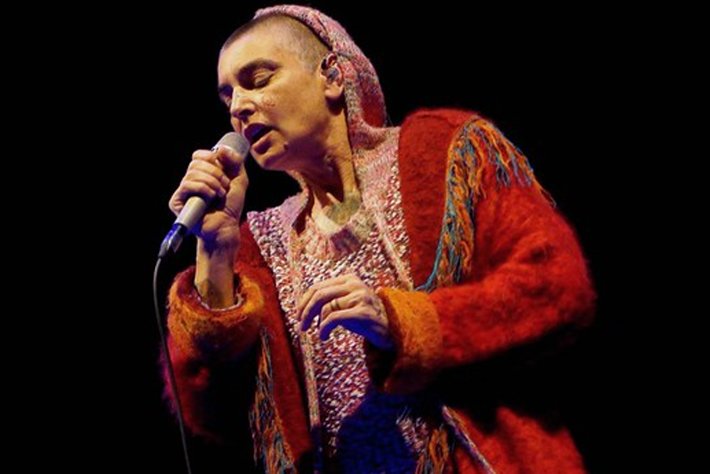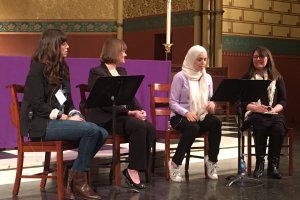A sweeping Global Faith and Media survey reveals mainstream media are at odds with the general public in providing faith and religious coverage. The study, commissioned by the Faith and Media Initiative (FAMI) and conducted by global market research company HarrisX, encompasses 9,000 individuals internationally and journalists and editors in 18 countries.

“The data reveals that faith and religion are a core element of personal identity globally, with 82 percent of respondents viewing themselves as faithful, religious or spiritual,” said Dritan Nesho, CEO of HarrisX. “Yet the journalists with whom we spoke ... believe that faith and religious coverage are becoming increasingly marginalized due to everything from newsroom economics to fears of ‘getting it wrong.’”
The survey reveals a concern among the public that media perpetuates cookie-cutter representations of various faiths rather than a detailed, particularized approach, with 61 percent of respondents opining that media coverage often perpetuates faith-based stereotypes rather than addressing and protecting against them.
Other insights from the FAMI study are that a majority feel that high-quality content on faith and religion is needed in their respective countries and that the media coverage actively ignores religion as an aspect of society and culture today, at 63 percent and 53 percent respectively; while 59 percent think that it is important that the news media coverage reflect a diverse set of religious perspectives in their content and reporting and 56 percent agree that there should be more nuanced coverage of complex religious issues.
Not just end users of media were surveyed but media itself, with responses reflecting an admission of its own limitations. Media respondents pointed to a newsroom culture where editors do not feel that stories on religion will generate clicks unless there is controversy connected with them and squeezed budgets resulting in a lack of competent journalists who are well-versed in the faith they are covering, all of which amounts to general “fear” in the newsroom around covering religion.
The survey revealed a point of agreement between media and the public, the view that religions themselves lack an acceptable variety of spokespersons. The public weighed in at 80 percent on this matter with the media respondents citing this lack as a primary reason for stereotyping. Religions are commonly regarded as conservative or extreme in editorial coverage which drives the media to seek out the more forthright spokespersons as opposed to those who are more middle-of-the-road.
Of the survey, Nesho observed, “Ultimately, the research points to a clear global deficit in coverage, treatment and quality of understanding of faith and religion in modern media.”
Brooke Zaugg, Vice President of FAMI, said that the ground-breaking study “will be used as a springboard for positive change. These new findings shine a light on the urgent need to offer faith leaders improved access to the power and reach of the news media, and [to provide] media a direct line to faith leaders for enhanced understanding of beliefs in the context of modern society. By joining forces, we can better serve humanity by ensuring a more accurate, balanced representation of all faiths in journalism and entertainment worldwide.”
_______________
From its beginnings, the Church of Scientology has recognized that freedom of religion is a fundamental human right. In a world where conflicts are often traceable to intolerance of others’ religious beliefs and practices, the Church has, for more than 50 years, made the preservation of religious liberty an overriding concern.
The Church publishes this blog to help create a better understanding of the freedom of religion and belief and provide news on religious freedom and issues affecting this freedom around the world.
The Founder of the Scientology religion is L. Ron Hubbard and Mr. David Miscavige is the religion’s ecclesiastical leader.
For more information visit the Scientology website or Scientology Network.


